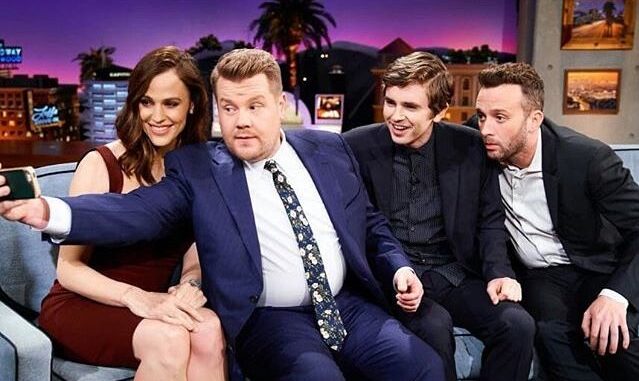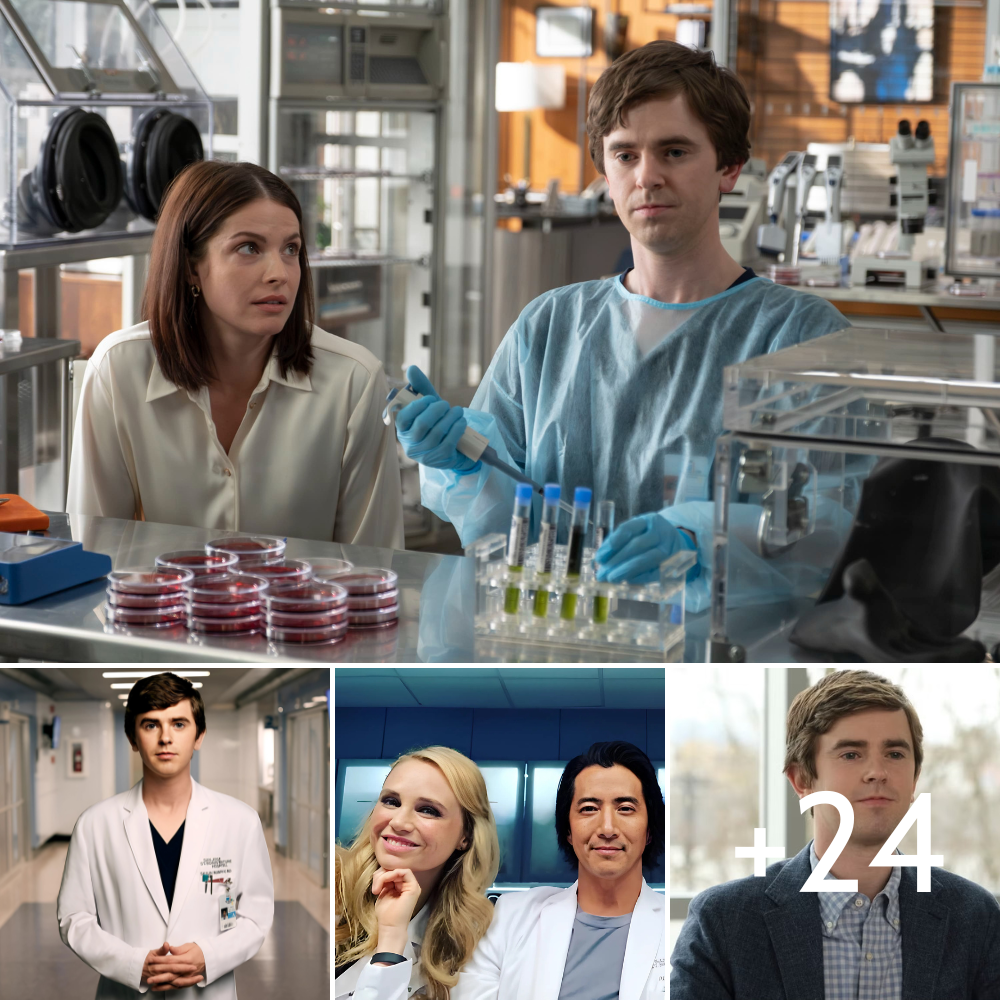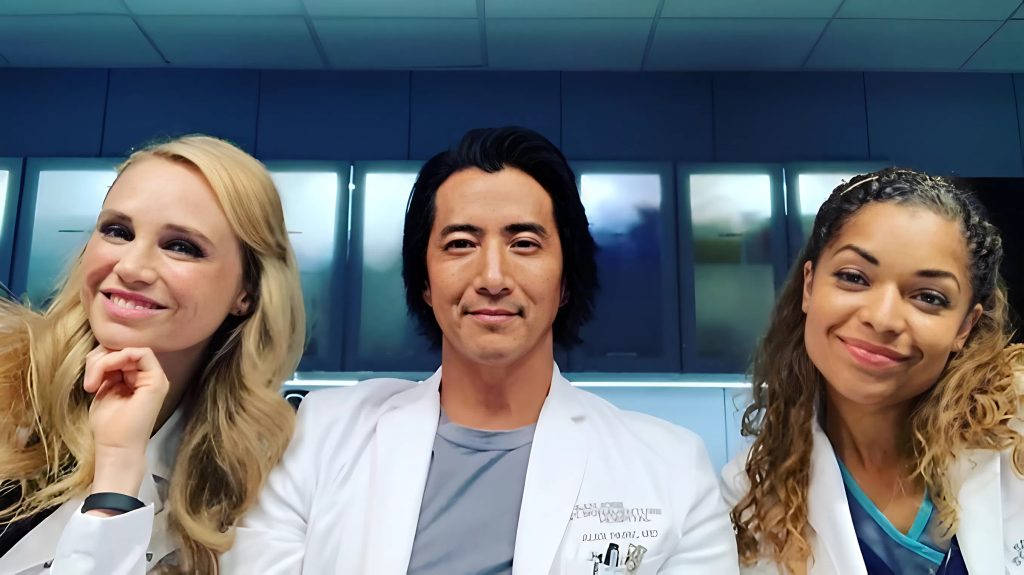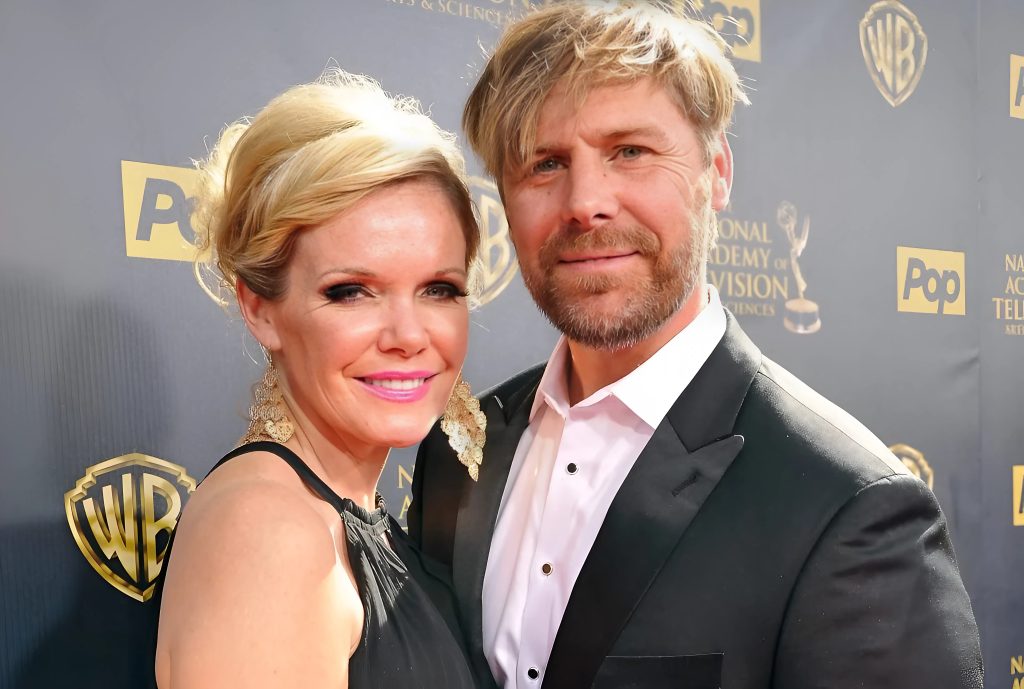
When people talk about great performances in television history, names like James Gandolfini in The Sopranos, Bryan Cranston in Breaking Bad, and Viola Davis in How to Get Away with Murder usually come up. Yet in recent years, one performance has quietly but powerfully joined this elite league: Freddie Highmore as Dr. Shaun Murphy in The Good Doctor. His portrayal of the young surgeon with autism and savant syndrome is not only one of the most moving performances on television but one that deserves recognition on the scale of an Oscar. Though the Academy Awards are traditionally reserved for film, Highmore’s work transcends medium. If artistry alone were the standard, his performance would be standing on that stage.
The Immense Challenge of Playing Shaun Murphy
The role of Shaun Murphy is not an easy one to step into. It requires walking a fine line between authenticity and sensitivity, all while avoiding the stereotypes that have plagued depictions of autism in media for decades. Shaun is a character with extraordinary medical talent but significant social and emotional challenges. Portraying him demands not just technical skill, but also empathy, research, and restraint.
Freddie Highmore took on this challenge with a level of commitment that immediately set him apart. He worked closely with autism experts and consultants to ensure his portrayal was respectful and accurate. He studied real-life accounts, listened to families and individuals on the spectrum, and internalized the nuances of communication, body language, and thought processes. The result is a character who feels wholly authentic—neither reduced to a diagnosis nor exaggerated for dramatic effect. Shaun is real, complex, and deeply human.
A Performance That Moves Audiences
Highmore’s performance is remarkable not because it is loud or flamboyant, but because it is deeply subtle. He communicates through the smallest details: a shift in eye contact, a pause mid-sentence, the careful cadence of his speech. His gestures and posture convey just as much as his words. In Shaun’s silences, the audience can often feel his internal battles more powerfully than through dialogue.
At the same time, when Shaun does express himself—whether it’s in frustration, joy, or vulnerability—Highmore ensures those moments land with an emotional force that can be overwhelming. Fans often describe being brought to tears watching him struggle to articulate his feelings or finally break through a wall of self-doubt. His ability to evoke empathy is, quite simply, extraordinary.

Why Highmore’s Work Is Oscar-Level
The Oscars celebrate performances that transform not only characters but also audiences. By that measure, Highmore’s work on The Good Doctor qualifies. His Shaun Murphy has sparked global conversations about autism, representation, and inclusion. Families of autistic individuals have spoken about how much Shaun’s story resonates with their real experiences. For many, seeing a lead character like Shaun on primetime television is not just refreshing—it’s groundbreaking.
What makes this performance Oscar-worthy is its balance of technical mastery and emotional truth. Highmore nails the intellectual side of Shaun—the rapid-fire medical reasoning, the photographic memory, the surgical brilliance—but he also grounds the character in vulnerability. We see Shaun’s insecurities, his heartbreaks, his longing for connection. We cheer when he succeeds, but more importantly, we feel his pain when he struggles. That duality is the hallmark of great acting.
Highmore as a “Beast” of an Actor
Fans often describe Highmore as a “beast” of an actor, and it’s true. His range is enormous. In Bates Motel, he played Norman Bates with chilling darkness, capturing the descent into madness. In Charlie and the Chocolate Factory, he was the innocent dreamer. But as Shaun, he brings together innocence, brilliance, and fragility in a way that feels unparalleled.
Few actors can carry a series so consistently across multiple seasons, yet Highmore has done so with effortless grace. Week after week, he delivers performances that feel as fresh and compelling as his very first episode. His Shaun has grown, matured, and stumbled along the way, but Highmore’s portrayal has remained astonishingly precise and heartfelt.
More Than Acting: Respect for the Role
Part of what makes Freddie Highmore so deserving of recognition is the respect he has for Shaun Murphy and the story being told. Highmore has directed episodes, written scripts, and served as a producer on the show. His involvement behind the scenes shows that he doesn’t just view Shaun as a role to play, but as a responsibility to handle with care.
He has consistently emphasized the importance of authenticity, pushing the show to stay true to its mission of representing autism in a respectful and realistic light. In doing so, he has elevated not only his performance but also the series as a whole.

The Broader Cultural Impact
Awards are often about more than just talent—they’re about cultural resonance. Highmore’s portrayal of Shaun Murphy has had a cultural impact that few performances achieve. It has educated audiences about autism, shattered harmful stereotypes, and made space for conversations that extend far beyond the world of television.
In many ways, Shaun Murphy has become a symbol of perseverance, intelligence, and humanity. Through Highmore’s performance, millions of viewers have gained insight into what it means to navigate a world that doesn’t always understand you. That kind of impact is rare, and it’s precisely what award committees should recognize.
Why Television Shouldn’t Limit Recognition
Some might argue that the Oscars are for film and that Emmys are the proper place to celebrate television performances. While true on paper, the reality is that performances like Freddie Highmore’s blur the lines between mediums. Art is art, whether it unfolds on a cinema screen or through weekly television episodes. If the Academy Awards are meant to celebrate the pinnacle of acting achievement, then Highmore’s work should be in the conversation.
It isn’t about bending rules—it’s about acknowledging that television has produced some of the most compelling performances of our time. Highmore’s Shaun Murphy belongs in the same conversation as the most lauded film performances of the decade.
At the end of the day, what makes Freddie Highmore’s performance in The Good Doctor so special is not just his technical brilliance, but his humanity. He has given the world a character who inspires empathy, challenges prejudice, and moves people deeply. That is the very definition of great acting.
If there were justice in the awards world, Freddie Highmore would already have an Oscar sitting on his shelf for bringing Dr. Shaun Murphy to life. His work transcends television, transcends genre, and transcends expectation. It is a masterclass in performance—one that deserves the highest honor the acting world can bestow.


